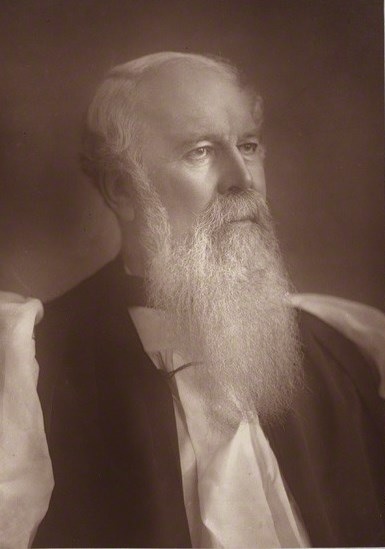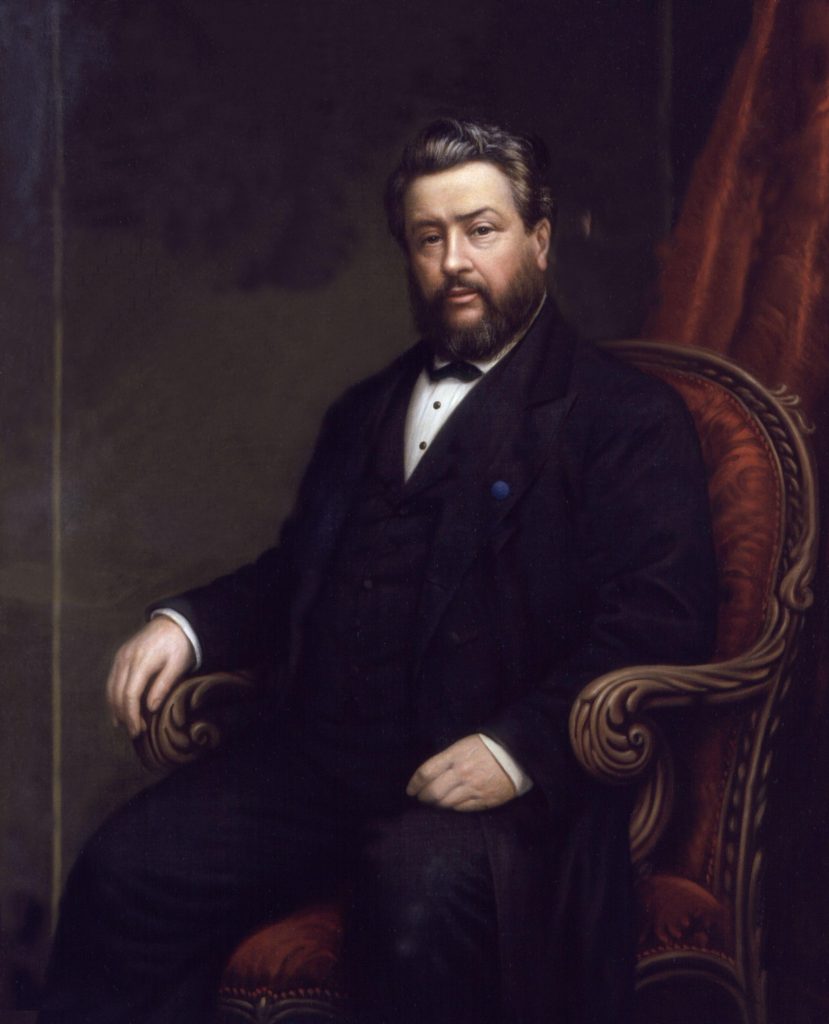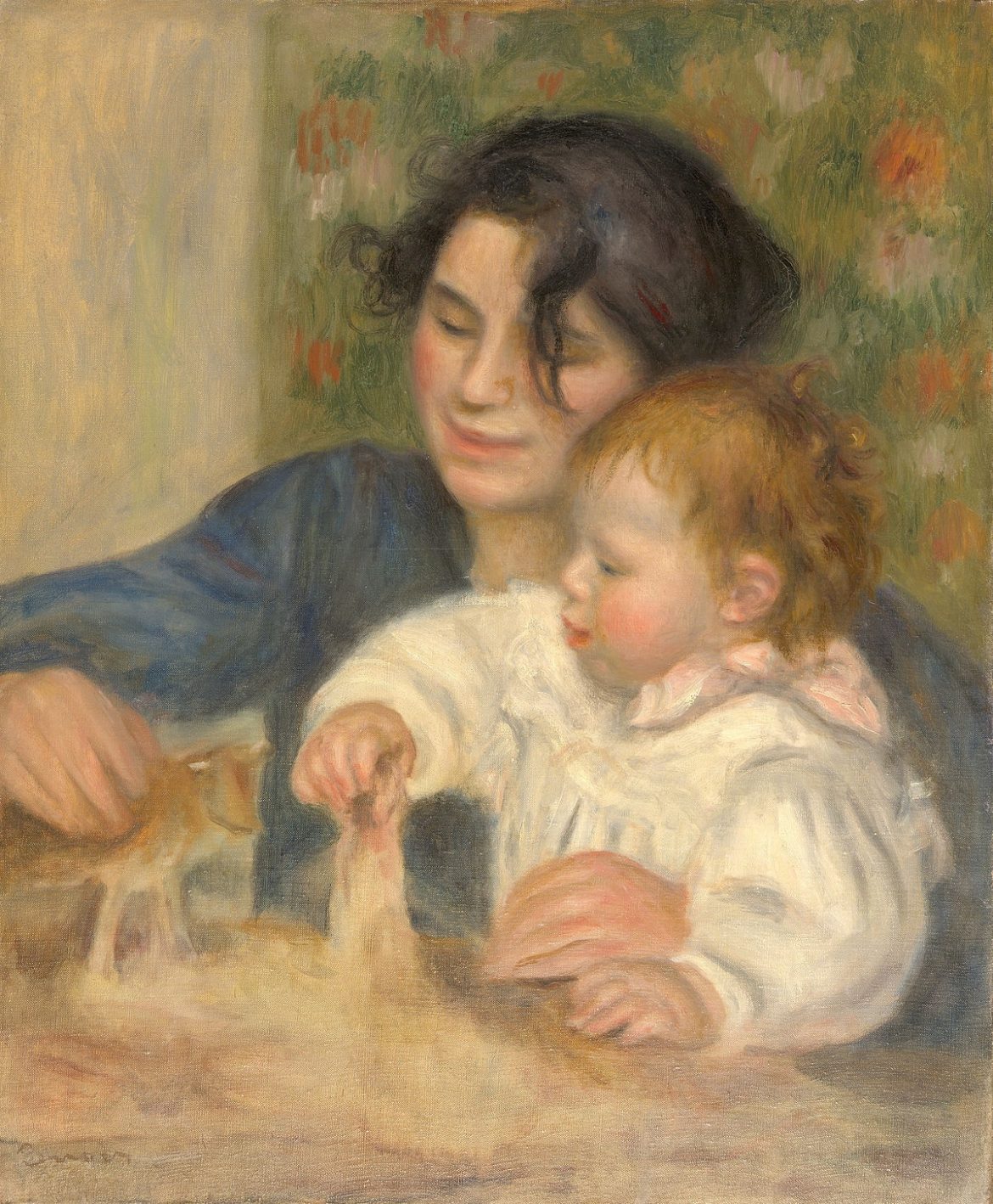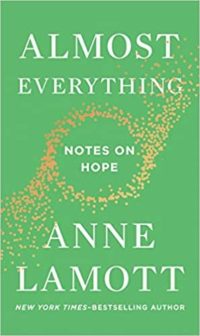I kind of hate posting studies like this, because if you’re reading this site, you might have PTSD, and I don’t want to raise your stress level.
But…. so many try to treat PTSD themselves, and usually, they do it either denying they have it, or by insisting on a go-it-alone approach, which doesn’t make anything better.
So if there’s any way to coax someone into looking for help at dealing with PTSD, then I’ll probably post it.
A new study suggests that PTSD doubles your risk for developing the autoimmune disorder, systemic lupus erythematosus — in other words, lupus.
The researchers controlled for every factor they could think of.
For example, smoking can provoke various autoimmune conditions, including lupus.
So the researchers used their statistical models and found that, even taking smoking and other covariates like obesity into account, PTSD victims were still twice as likely to develop lupus.
In other words, if you have PTSD, you’re at higher risk for lupus, and I’ve known people with lupus, and while every patient’s experience is different, you’d rather not have lupus.
Researchers haven’t definitively established a reason for the link, but they think it might have something to do with the extreme stress that PTSD can provoke and its effect on our immune system.
Sounds about right, right?
Stress doesn’t just weaken your immune system, it can make it go haywire, so it either under or overreacts to things.
Healthline has a tremendous read on the effect of stress on the immune system, and its link to many other autoimmune diseases.
So there are two reasons to post the study.
1) If not for your mind, then for your body, please seek help for your PTSD.
2) Practically, every week, researchers find some new mental basis for our physical health, and physical basis for our mental health, and Christians need to acknowledge that.
It might have felt very religious, spiritual, and pious to slam the door on Galileo, but in the end, Galileo won because God won, because Galileo figured out how God set things up.
That’s what our scientists are doing, and denying the science of mental health in the name of God might sound pious, but my hunch is that it’s what Paul warned Timothy about in 2 Timothy 3 — a form of godliness that denies its power.
In other words, it looks and sounds spiritual, but has nothing to do with what it claims to do — which is following the gospel.
And here’s my biweekly reminder you’ve probably become sick of on pharmaceuticals and the companies that make them.
There are Christians, all over the United States, selling “natural alternatives” to what the pharma companies produce.
I’m not necessarily opposed to natural alternatives, because I think there are some great ones.
But this is the line the “natural-only” camp (pervasive in the American evangelical church) often uses:
Seller: Big pharma wants to make money off you, so please buy this natural alternative. It’s from the first plant/tree/seed/bark that God ever created. And guess what — you can’t go wrong with any medicine from the first plant/tree/seed/bark God ever created.
Me: Great! How much?
Seller: Only…………………..$129/month.
The profit margin on these natural alternatives, I would guess, is astronomical!
The “problem” of big pharma making profit off health is being solved by the problem. If profiting off medicine is the issue, the culprit lies just as much in the alternative natural market as it does big pharma.
Further, there is very little regulation, very little testing on natural alternatives.
You often have no idea where these pills come from, how potent they are, and whether they do what they’re supposed to.
That’s not to say they’re all bad, but it is to say that they’re not all good, and government protocols on pharmaceutical companies are far stricter than supplements.
Now I do take quite a few supplements because there are some great ones!
And big pharma has done some shady things, along with a lot of wonderful things — kind of like every human institution, and you and me.
But before going the all-natural alternative route, at least check out a couple sites and everyone should talk to their doctor, because supplements can cause liver damage, they can interact with other things. Just because it’s bark doesn’t mean it’s right.
Labdoor is particularly good at running tests on supplements to determine their potency, safety etc.,
ConsumerLab is my favorite, and they’re quite good, as well.
I don’t do the affiliate thing, or make money off anything. Those are just two great sites.
So there’s my biweekly pitch, which you can take or leave, because really, we’re all just fumbling about and being wrong and right about things over the course of our lives.
But to close — yes, PTSD is real, and it can have really tough physical consequences, so please get help as soon as possible.
I particularly hope that men sit up and notice, because we often have trouble talking about PTSD because it doesn’t feel manly.
I’ve written about that, and again, the strongest thing anyone can do is acknowledge pain.
And post-Covid (if we ever get there), PTSD is going to be more prevalent than ever.
WebMD has a nice quick look at treatments for PTSD, which include a variety of therapies and possibly medication.
Whatever your doctor and you think is the best fit.
And, as always, here’s a psychiatrist and therapist near you.
[Photo: American Sniper, a great look at PTSD]










